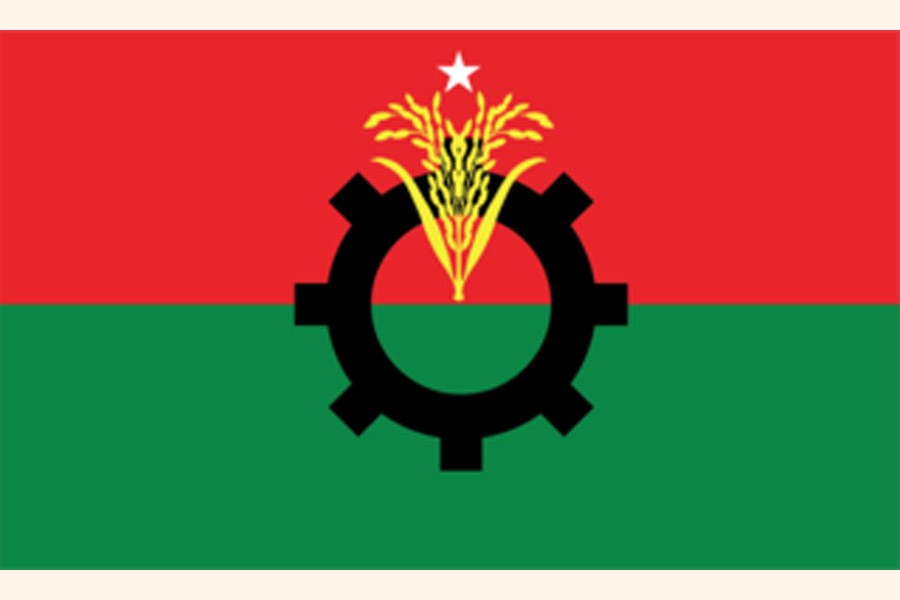

Urging the interim government to act carefully amid the ongoing political deadlock, BNP on Tuesday said the signatories to the July National Charter are not bound to follow any decision that goes beyond what is stated in the charter.
“We want to make it clear that if the government announces any decision beyond what is outlined in the July National Charter, none of the signatory parties will be obligated to comply with it,” said BNP Standing Committee member Khandaker Mosharraf Hossain.
Speaking at a press conference, he also said if the government makes such a decision, all responsibility and liability will rest solely with it. “We urge the government to take cautious and responsible steps in this regard.”
The press conference was held at the BNP Chairperson’s Gulshan office to brief the media on the party’s Standing Committee meeting held on Monday night (10th November 2025).
Mosharraf said the July National Charter was signed on October 17, following nearly a year of discussions between the National Consensus Commission and various political parties.
He said the charter was prepared based on consensus, with a few notes of dissent, and all parties pledged to implement it in line with the country’s Constitution and laws.
The BNP leader said some advisers of the interim government have recently made remarks about announcing certain government decisions outside the framework of the July National Charter.
“Such statements are misleading and amount to ignoring the consensus-based decisions adopted earlier,” he said.
Speaking about the ongoing political deadlock, Mosharraf said there is a plot to disrupt the national election. “Those who are not allowed to take part in the election are trying in different ways to create unrest in the country, and they are the ones causing this chaos.”
In response to a question, BNP Standing Committee member Salahuddin Ahmed said the July National Charter was signed through a historic event, and it includes some notes of dissent from different political parties on certain points.
“It was stated in the charter that if any party reflects its notes of dissent in its election manifesto and receives the people’s mandate, it may implement those points accordingly. We are one hundred percent in agreement here — we still stand by that position and have not deviated from the signed charter,” he said.
However, the BNP leader said in the recommendations submitted by the National Consensus Commission to the government regarding the charter’s implementation, the portions containing the notes of dissent were not included and were completely omitted.
He said the Commission only prepared a schedule listing 48 points of proposals, and in that schedule, it suggested holding a referendum on those proposals.
The BNP leader said they agreed, in the interest of national unity, to seek the people’s consent on the proposals through a referendum to be held on the same day as the national parliamentary election. “We still stand by that position.”
“Now, if any political party goes beyond the signed charter and launches movements over unreasonable or newly created issues in the name of implementing the July Charter, they may make statements on that. But if the government itself takes any decision beyond the matters included in the signed charter, none of the political parties that signed it will bear any responsibility or be obliged to comply with such a decision,” he said.
On the President’s order regarding the July Charter, Salahuddin said they had not made any specific proposal on who may issue the order.
He said the country is now being run under the Constitution, and the interim government has taken oath under it, with everything proceeding according to law. “According to the Constitution, it is the President who has the power to issue any ordinance. But if any order is to be issued, there is currently no constitutional provision in Bangladesh that would give such an order legal validity.”
The BNP leader explained that there used to be a provision for issuing a President’s Order until the Constitution of Bangladesh was adopted. “The state operated under President’s Orders at that time before the Constitution. After the Constitution was adopted, the provision for issuing presidential orders was abolished. Now, what kind of order will be issued and whether it will have legal validity has not yet been determined by the government.”
Apart from issuing an ordinance, Salahuddin said the President no longer has any power to make laws in any other way. “The current Constitution contains no provision for issuing an order.”
He, however, said the government may now choose to call a proclamation an ‘order’ and publish it through a gazette notification, even if it has no legal validity.
Asked whether there is any scope for talks on the referendum issue, Salahuddin said that if the government invites discussions, then there could be an opportunity for dialogue, but not on the streets.
On Monday night, a meeting of the BNP’s National Standing Committee was held, chaired by the party’s Acting Chairman Tarique Rahman. The meeting discussed in detail the latest political situation in the country and the legal basis for implementing the July National Charter.
BNP Standing Committee members Mirza Abbas, Dr Abdul Moyeen Khan, Nazrul Islam Khan, Amir Khosru Mahmud Chowdhury, Salahuddin Ahmed, and Hafizuddin Ahmed were present at the press conference.


 For all latest news, follow The Financial Express Google News channel.
For all latest news, follow The Financial Express Google News channel.